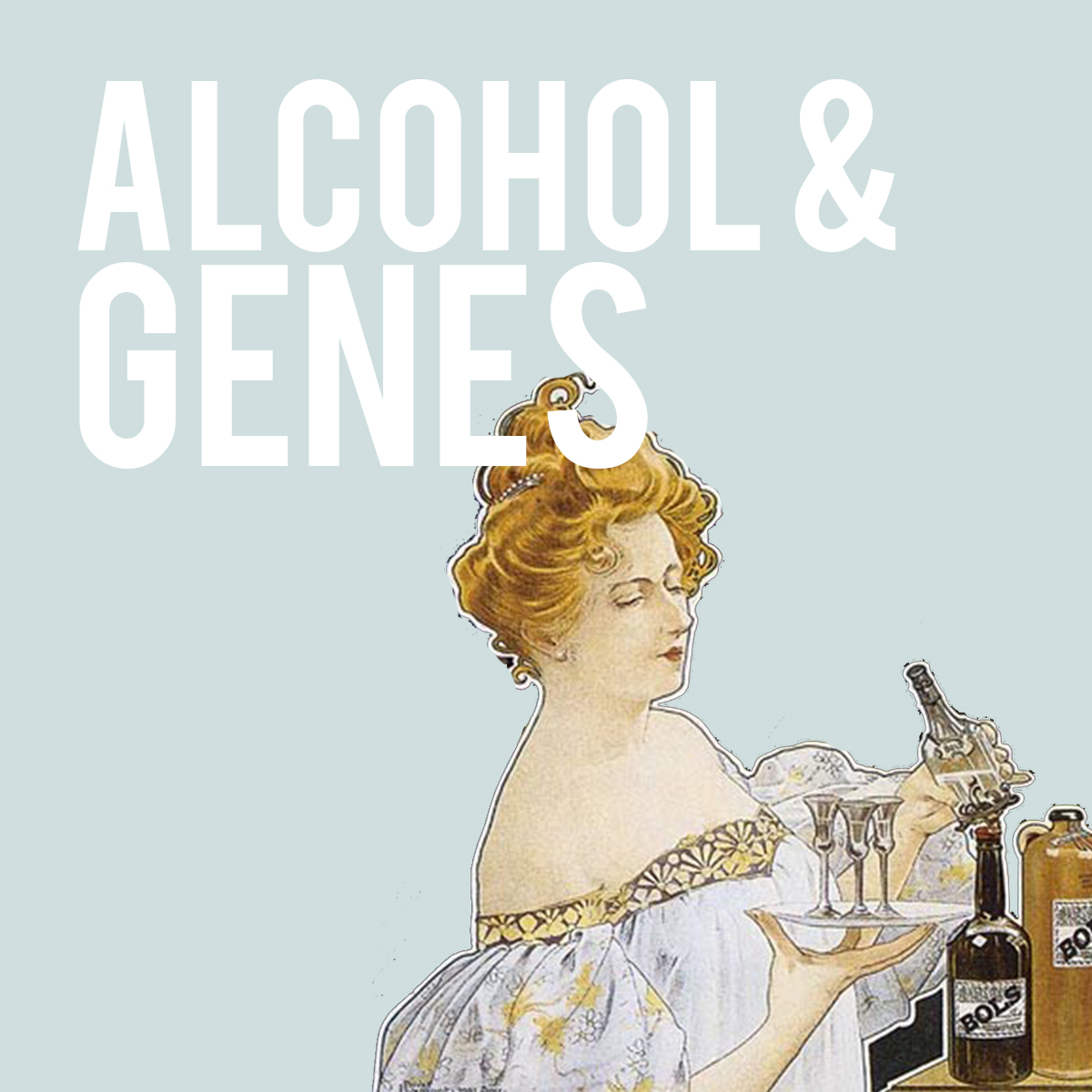
Alcohol and Genes…sounds like the perfect name for a science-themed country music song. But in all seriousness, science has shown that there’s a strong connection between your genes and your sensitivity to alcohol and understanding your genetics may be the key to understanding what your body can handle, breaking addictive behavior and avoiding hangovers once and for all.
Humans have been drinking alcoholic and fermented beverages since the beginning of time, but the ability to handle alcohol varies drastically amongst genetic populations and even person to person. It’s the reason why some people get drunk off of one beer and others can toss back shots of tequila with little to no effect. Sensitivity to alcohol is mostly dictated by our body’s ability to metabolize that alcohol, so it only makes sense that our genes are what determine our ability to do so. There are multiple genes involved in alcohol sensitivity that all interact together to determine our ability to break down alcohol. These genes also interact with our environment , making it that much more difficult to truly understand the mechanisms behind them.
The main mechanism behind alcohol metabolism involves breaking down ethanol to acetaldehyde. Genes coding for enzymes involved in this process play a role in alcohol sensitivity, but there are over 20 genes involved in that process, indicating that there can be a wide array of varying sensitivity levels. Other studies have linked a single gene known as CYP2E1 to having a high tolerance to alcohol and an even higher risk for potential alcoholism. A widespread study that looked at 20 different populations around the world has also found an increase in genes that cause an adverse reaction to alcohol. This reaction is caused by a limited ability to metabolize alcohol and could suggest that several generations down the road, people may not be able to drink as much as they had previously.
While the science behind alcohol sensitivity still has much more to be revealed, it’s clear that our genes dictate how we respond to alcohol. Many of these traits are inherited and many change based on our personal environment. Either way, the next time you have a drink and feel way too tipsy or nothing at all, remember that your response to drinking is a direct line of communication from your genes to you. Take the time to understand how your body responds to alcohol and listen to your genes.

